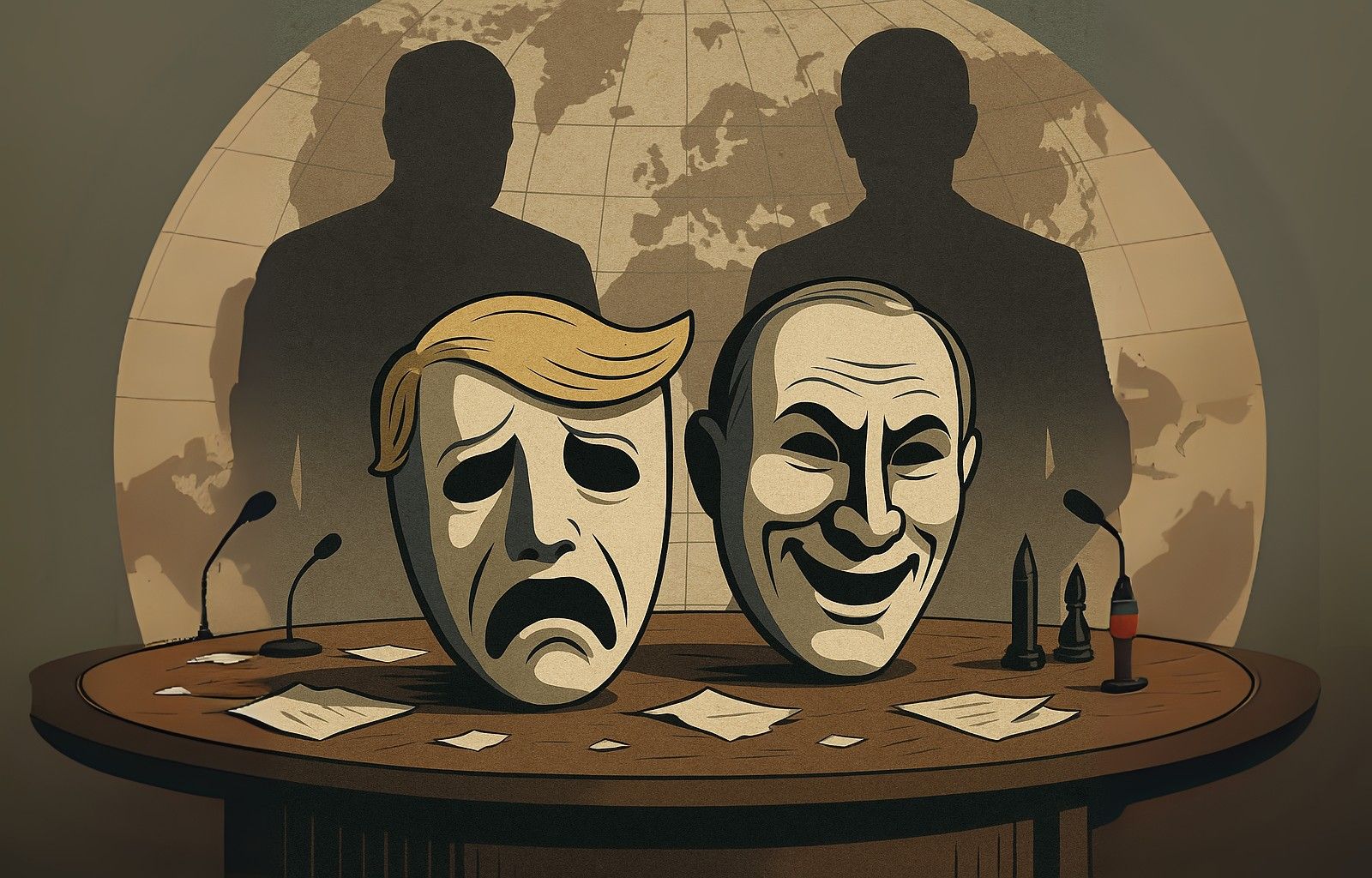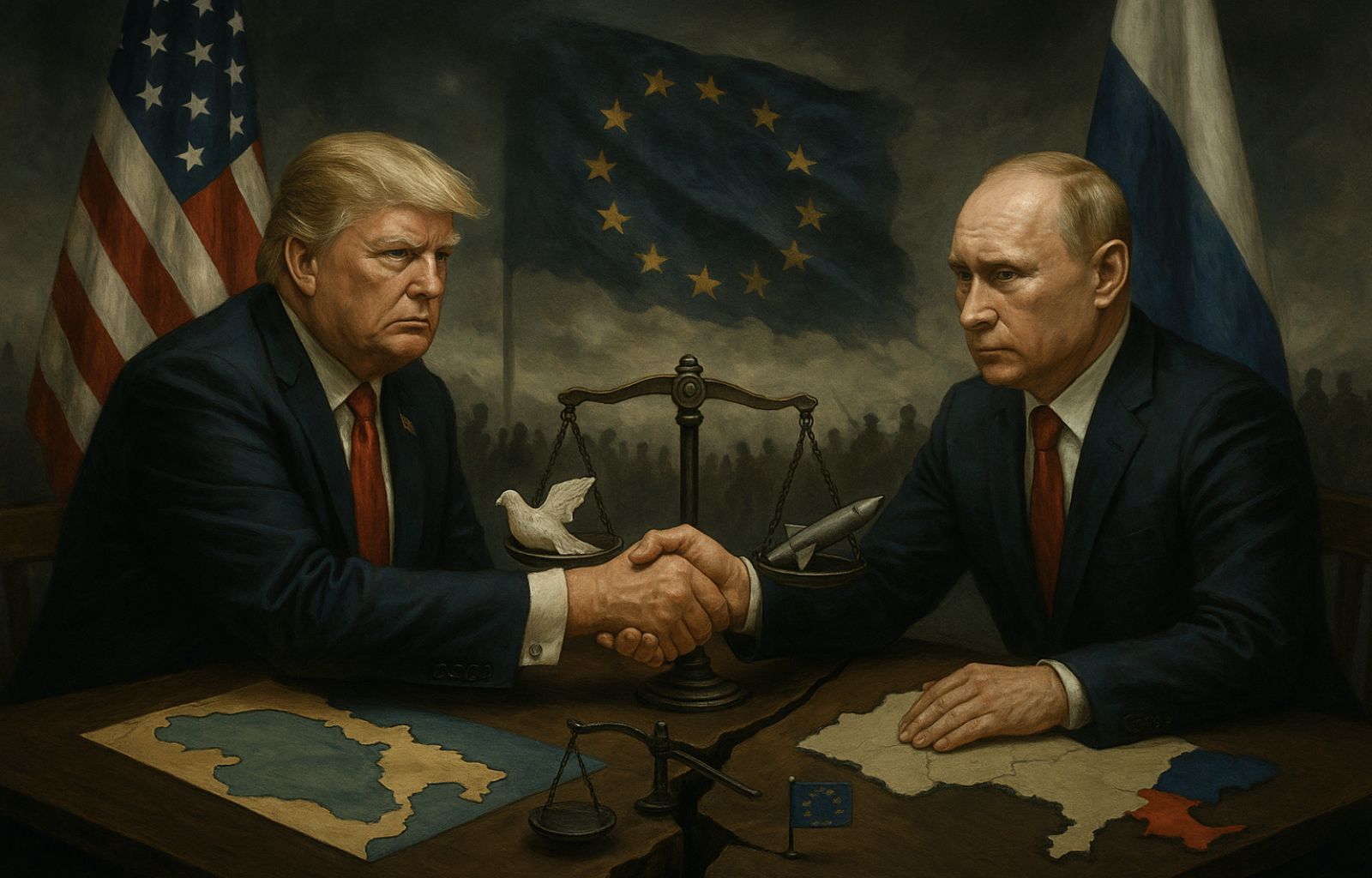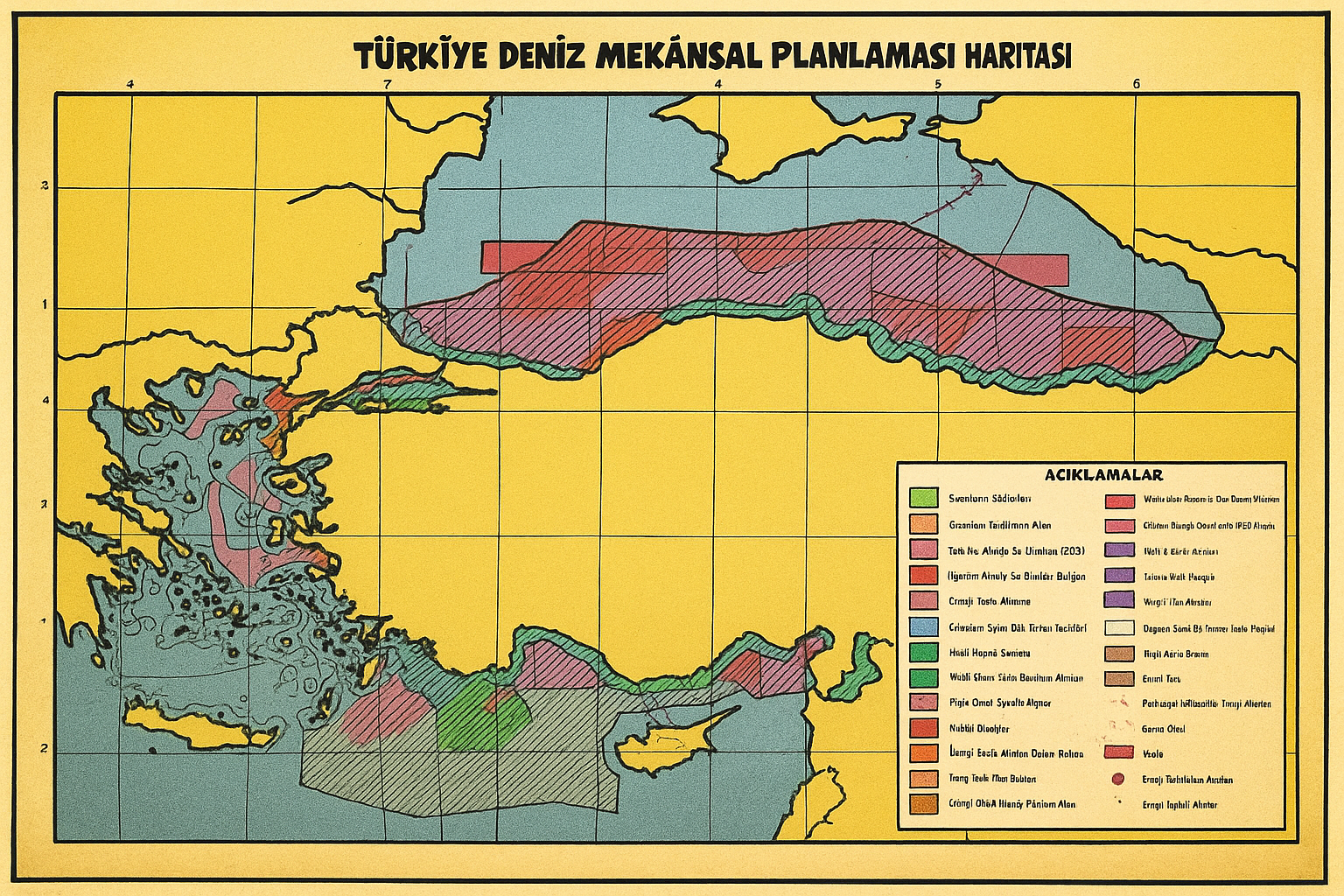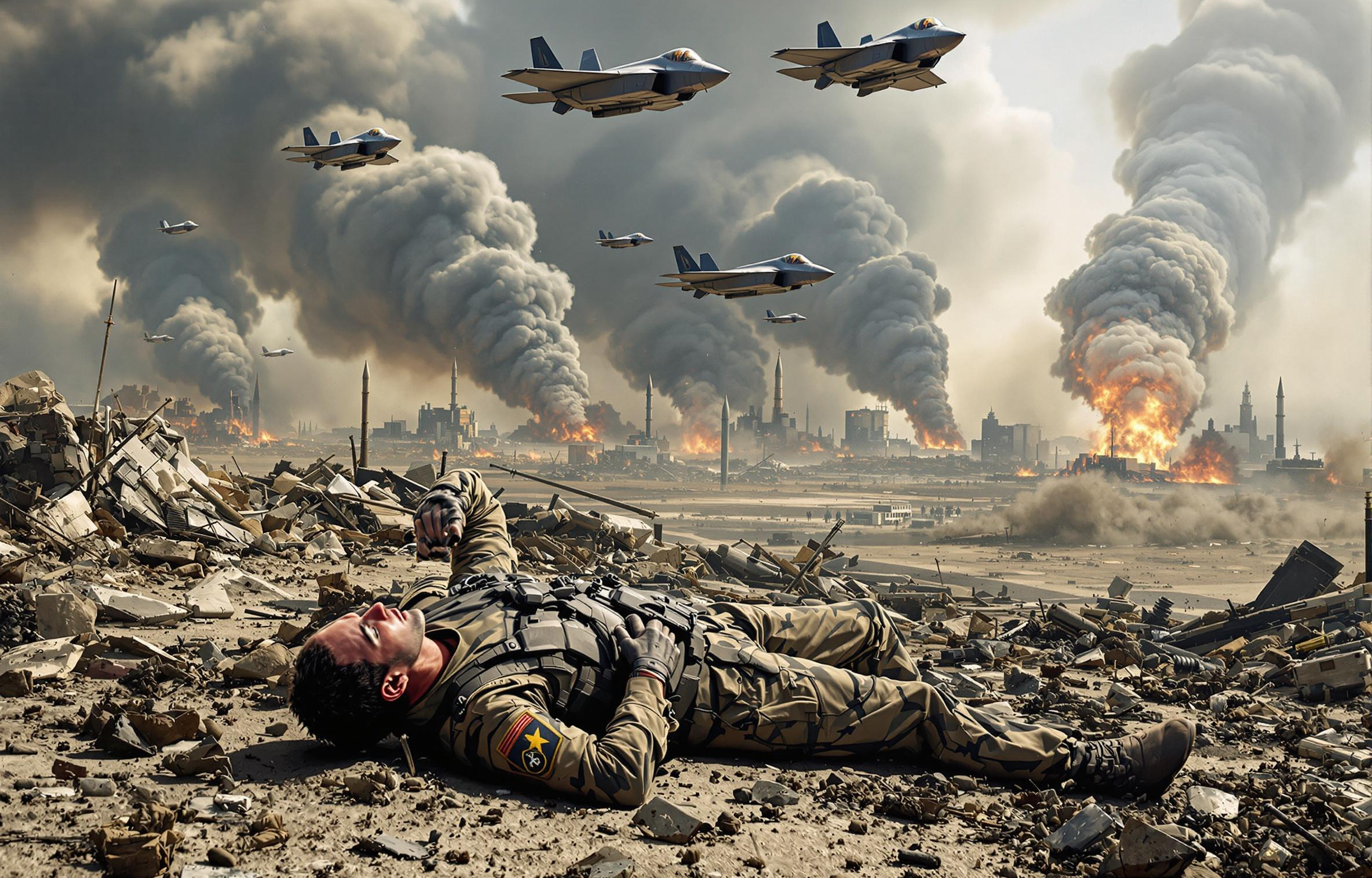Open Borders, Closed Policies: A Vulnerable Europe Between Drugs, Migration and Strategic Inertia
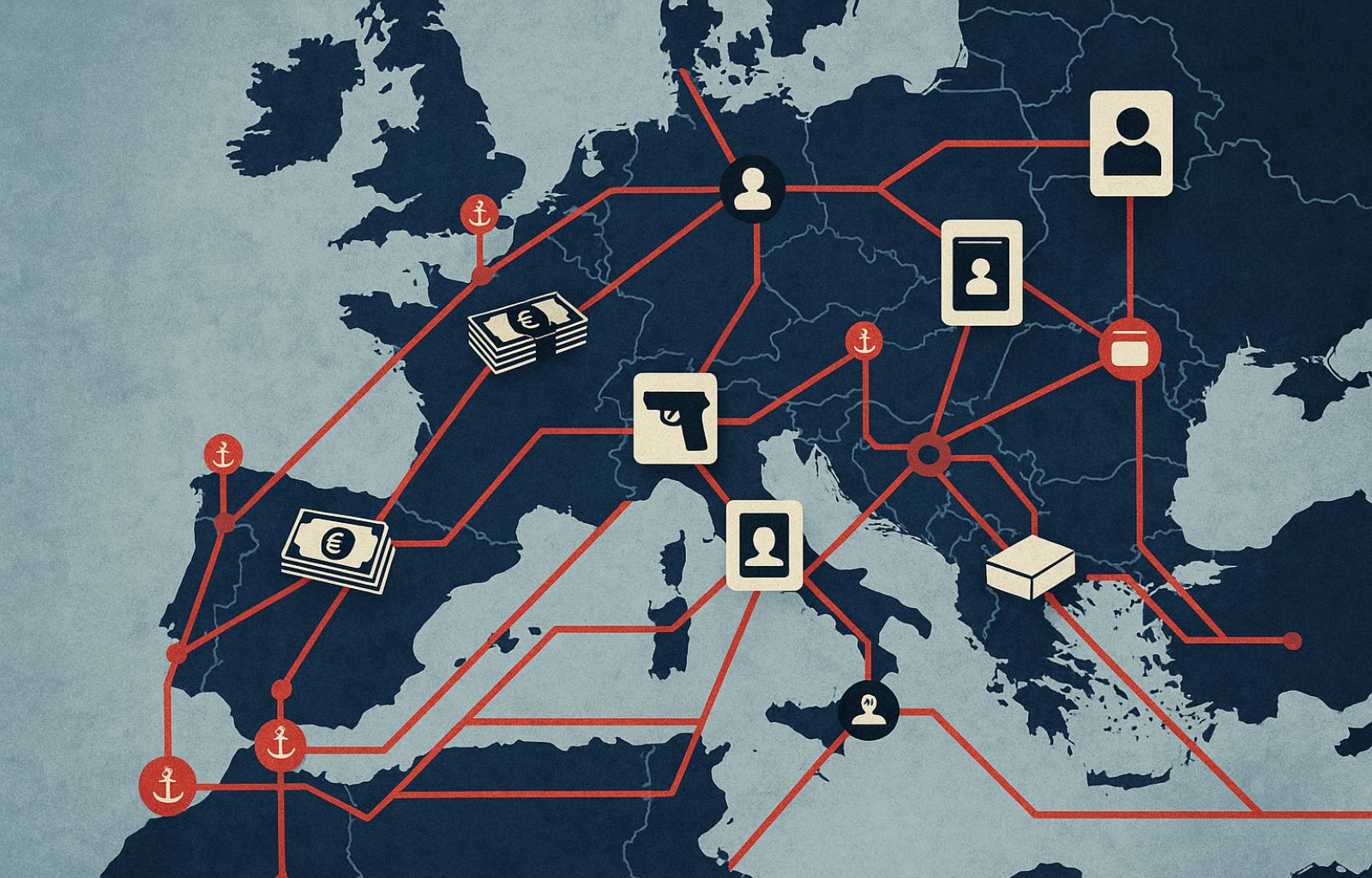
The free movement of people is one of the most emblematic achievements of the European project. It has transformed a divided continent into an open space where citizens can travel, work, and study without borders. But while physical barriers have fallen, policies — especially on security, immigration, and organized crime — remain mostly national. The result is a vulnerable Europe: open in principle, exposed in practice.
According to the latest estimates, the European drug market exceeds €30 billion per year, and in Italy — a country of destination, distribution, and consumption — it is worth at least €16 billion. This figure reflects not only the scale of the phenomenon, but also the absence of a coherent European strategy. Organized crime, human trafficking, and migration instability feed into one another. And so far, the Union has failed to respond with the strength and unity the situation requires.
The German Factor: Domestic Policy, External Consequences
At the heart of the issue is Germany. Thanks to its geographic position, its nine open borders, and a progressively permissive approach to soft drugs, Berlin has become one of Europe’s main entry and distribution points for cocaine and heroin. Northern ports — Hamburg, Bremerhaven, Wilhelmshaven — are established gateways for transnational criminal networks. But what enters Germany rarely stays there. And the absence of effective controls, combined with fragmented European legislation, allows drugs to circulate freely across the continent.
According to Germany’s Federal Criminal Police Office, nearly half of illegal entries into Germany in 2023 occurred via Poland, and 29% via Austria. The traffic is widespread, organized, invisible. And the burden falls on other states: Italy and Austria are facing increased urban dealing, strain on public services, and social tension.

Italy: Logistics, Consumption and Criminal Control
Italy is not a bystander. It is a logistical hub and final market. The ’Ndrangheta — according to Europol — controls up to 80% of Europe’s cocaine trade, managing key alliances with South American cartels. The ports of Gioia Tauro, Genoa, Naples, and Livorno are strategic nodes. Both Italian and foreign criminal networks operate with great efficiency, while cities struggle with visible degradation: Tor Bella Monaca, San Siro, Scampia have become symbols of a crisis that is not just local.
Drug consumption is rising: over 40% of teenagers between 15 and 19 have tried at least one illegal substance. In 2023, Italy recorded over 8,500 hospital admissions due to overdose. Cocaine is now the main substance for which treatment is requested.
Migration and Trafficking: A Chain Reaction
The same networks that control drugs and weapons are deeply involved in human trafficking. In 2023, approximately 6,000 victims were identified in Italy, most of them women and minors. The Balkan and Mediterranean routes remain vulnerable. And the pressure is mounting.
Here again, the German role is clear. Over the last decade — particularly under the Merkel governments — Germany adopted a welcoming approach to migration, especially during the 2015 refugee crisis. That choice, while humanely motivated, was never matched by an enforceable European coordination framework. Today, Berlin tightens controls and increases deportations, but the burden is transferred to other countries: Austria and Italy now face rising asylum claims and local unrest.
The Europe We Need
The problem is not Germany itself, but the idea that major states can act unilaterally, deciding for themselves while externalizing the consequences. In a Union with open internal borders, there are no longer “national problems.” We need shared, binding, and responsible European policies. We need an integrated strategy on drugs, security, and migration, built on shared intelligence, cross-border justice, joint patrols, and harmonized legislation.
As long as each country acts alone, Europe will remain strong in principles and weak in practice.
When Berlin changes course, Rome pays the price. And Brussels stands by.
The Political Europe That’s Still Missing
Drug trafficking and human exploitation are not temporary emergencies — they are structural challenges in an open and fragile continent. What’s needed is not more declarations or symbolic coordination, but real European governance, with common tools, operational capacity, and political legitimacy.
The alternative is clear: a borderless space ruled by criminal interests and fragmented national agendas. A Union of states that share the burdens but not the responses.
That is why we need a more political, more united, more capable Europe. Now.

